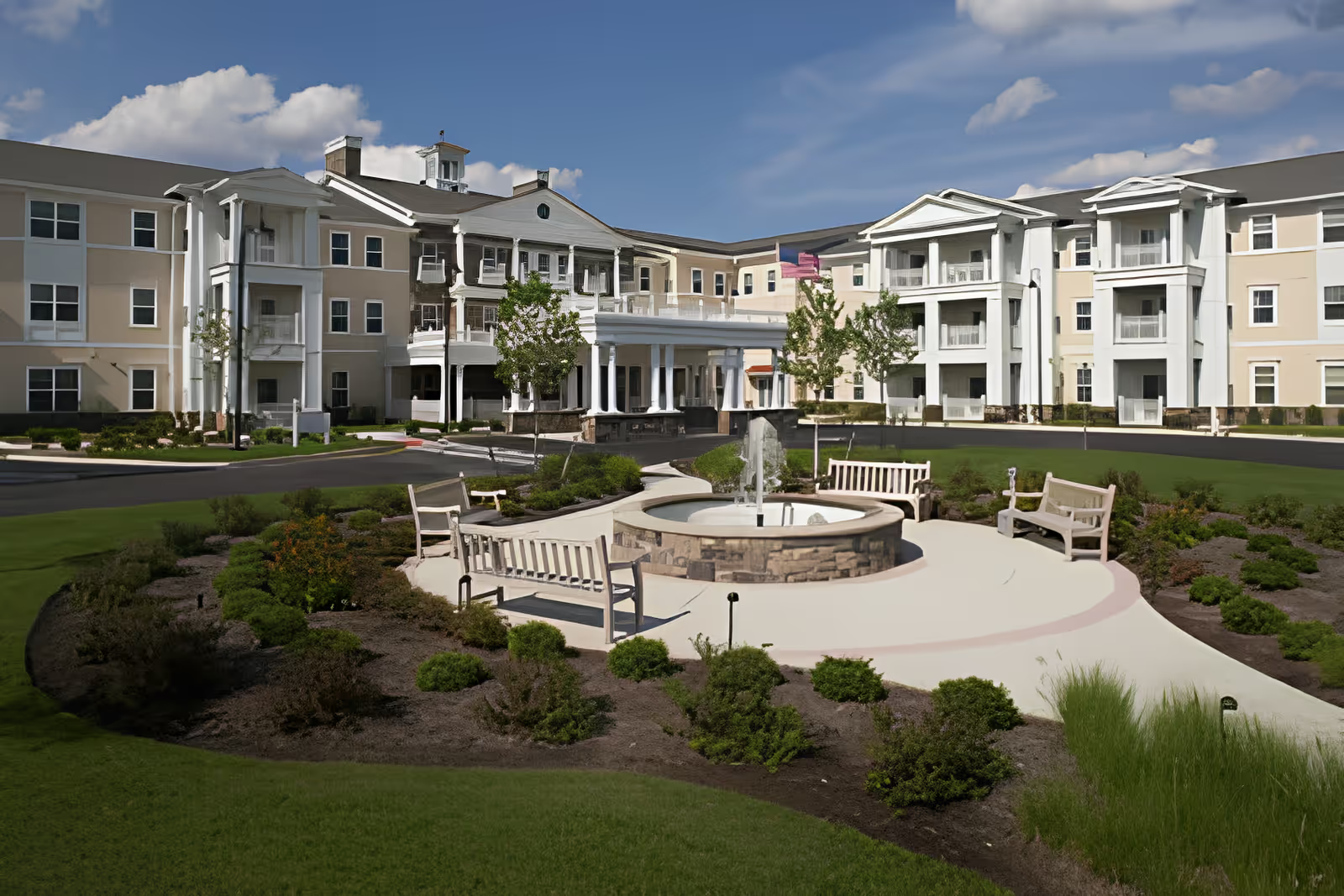The reviews paint a strongly mixed — and frequently polarized — picture of care at Glen Island Center for Nursing and Rehabilitation. Several reviewers single out individual caregivers, therapy staff, housekeeping, kitchen and maintenance workers, and receptionists as compassionate, helpful, and professional. Physical therapy and recreational programming (including church services, choir, live music, and in-room music) receive consistent praise from families and residents who experienced them. Some rooms and aspects of the environment are described as kept clean, and a few reviewers reported adequate personal care such as regular showers and properly served meals.
At the same time, a large and recurring set of concerns centers on nursing supervision, administration, and systemic operational failures. Multiple summaries accuse nursing supervisors and administrative staff of being unresponsive, disorganized, or incompetent. Medication management problems are repeatedly reported, including medication errors and slow authorization or addition of prescriptions. Communication breakdowns are frequent: phones at nursing stations go unanswered, there may be no phone in the patient's room, and families report difficulty getting information or responses. These issues compound stress for families and create gaps in continuity of care.
Serious safety and basic-care failures appear in numerous accounts. Reviewers describe neglectful practices such as refusal to empty urinals or change colostomy bags, residents left sitting in urine, lack of timely diaper changes, and denial of pain medicines. Clinical harms reported include bedsores, recurrent pneumonia, wounds allegedly mislabeled as mere skin tears, and at least one report of dangerously low oxygen levels without prompt treatment. These issues suggest both understaffing and failure of clinical oversight. Several reviewers explicitly describe inadequate CNA staffing levels and delayed responses to bells and requests for assistance.
Food service and dining also generate consistent criticism. Many reviewers call the meals “terrible” or “horrible,” link poor food to weight loss, and state that meals are wasted or not eaten. Conversely, some noted that meals were properly prepared during their stay, which underscores the overall inconsistency in service quality. Facility condition reports are similarly conflicted: maintenance staff receive praise from some, but other reviewers cite old furniture, insufficient cleaning in areas, and even pest problems (mice and water bugs) in rooms.
Behavioral and professional conduct problems are another prominent theme. Several reviews describe rude, hostile, or unprofessional interactions from nurses and other staff toward residents, including staff arguing with residents and lacking name tags. One review names a specific nurse (Brendon) as dangerous, indicating that at least some problems are tied to individual staff behavior as well as systemic issues. Pandemic-related visiting restrictions are noted as an additional negative factor that exacerbated family distress.
Taken together, the reviews suggest a facility with pockets of good care — notably by certain nurses, therapists, recreational staff, housekeeping, and front-desk employees — but substantial, recurring systemic problems in clinical oversight, communications, staffing levels, and management. The most serious concerns are safety-related: medication errors, delayed or absent clinical response, untreated low oxygen, wounds and bedsores, and inadequate toileting/ostomy care. Families considering this facility should be aware of the inconsistent quality and should ask specific, verifiable questions about staffing ratios, medication management, wound care procedures, communication protocols (including room phone access), and how complaints are handled. If a resident is placed here, close monitoring for pressure injuries, hydration/nutrition, medication accuracy, and timely responses to care requests is strongly advised based on the patterns described in these reviews.







